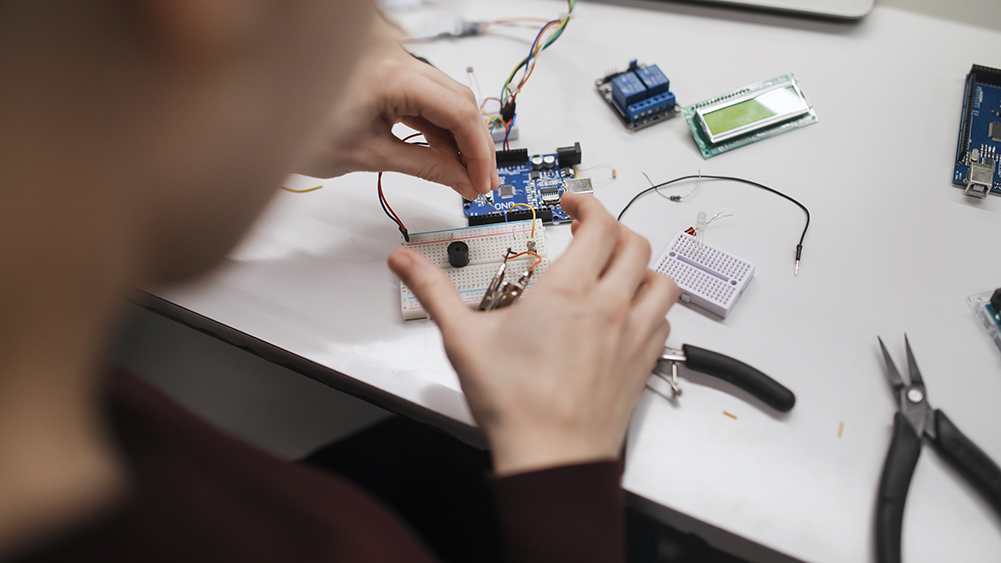Supply of vocational education and training in English extended from beginning of 2023

Minister of Education Li Andersson has awarded eight education providers 13 new authorisations to provide vocational education and training to complete a qualification as of 1 January 2023. The decision will expand the supply of education in English especially in the fields of cleaning and property services, accommodation, restaurant and catering services, tourism services, health and social services, and mechanical engineering and production technology. Four of the education providers were awarded their first authorisations to provide vocational qualifications.
Many sectors are experiencing labour shortages, which need to be addressed even by means of increasing the supply of vocational education and training in English. Providing more education and training to complete a qualification in English widens the educational opportunities of foreign-language speakers and helps them find employment. Another aim is to strengthen the vitality and competitiveness of regions.
Four education providers were awarded their first authorisation to provide one or more vocational qualifications in English. These providers are Etelä-Savon Koulutus Oy, Turun Aikuiskoulutussäätiö, the City of Turku and the Sámi Education Institute. In addition, four education providers will expand their provision of education and training in English. These providers are the Joint Authority of Education in the Espoo region (Omnia), the City of Tampere, the Joint Authority of Education in Jyväskylä (Gradia) and the City of Vaasa.'
A condition for the authorisation to provide vocational qualifications in a foreign language is that the education provider makes sure that the students develop, improve and achieve sufficient skills in Finnish and Swedish as part of the education and training to complete a qualification in English. This means that education providers must have close cooperation with employers so that employers, too, are committed to the education to ensure their access to skilled labour. Ensuring that employees want to stay working in a sector requires that students speaking a foreign language have the possibility to acquire language and cultural skills and to integrate and find employment and that other factors contributing to the objectives of the education in question are taken into account.
“It is important that students get competence that helps them cope at work. In today’s world, there is a clear need for professional competence in English, too. I am glad that education providers are ready to develop their education to respond to the changing world. At the same time, the providers should ensure that the students learn the national languages, get rooted in the surrounding society and that they have wide opportunities for further studies,” says Minister of Education Li Andersson.
The authorisations to provide qualifications in English are not intended for education export or student exchange schemes. Instead, they are designed to provide education and training that meets the needs of the Finnish labour market. Education providers may flexibly organise instruction even in other languages than their main languages for instruction and qualifications. Education providers may even organise language education as optional modules to help students acquire the level of language skills they need in working life.
In 2021 and 2022, the Ministry of Education and Culture has awarded a number of education providers a total of 21 authorisations to provide education and training to complete a qualification in English. From the beginning of 2023, 23 education providers will have the right to provide 61 different kinds of qualifications in English. It means that the supply of education and training in English will expand by 50 per cent.
Inquiries: Petri Lempinen, Director General, tel. +358 2953 30180

